Help Weighing Options for AC/Heat Pump System
Brian_82
9 years ago
Related Stories

GREAT HOME PROJECTSHow to Add a Radiant Heat System
Enjoy comfy, consistent temperatures and maybe even energy savings with hydronic heating and cooling
Full Story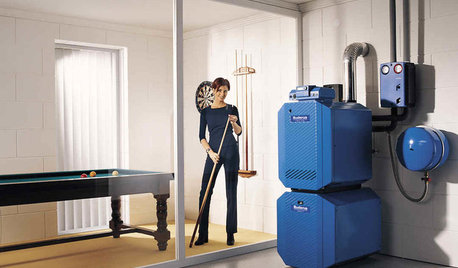
HOUSEKEEPING5 Steps to Improve Your Heating System Now
Increase your heater's efficiency and safety for lower energy bills and greater peace of mind this winter
Full Story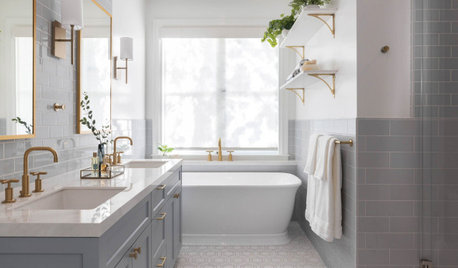
FLOORSWhat to Ask When Considering Heated Floors
These questions can help you decide if radiant floor heating is right for you — and what your options are
Full Story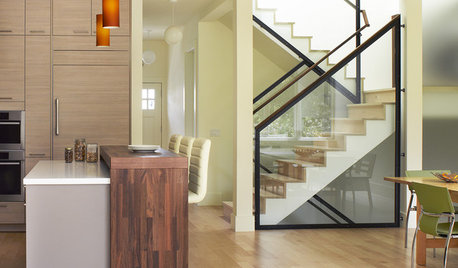
FLOORSIs Radiant Heating or Cooling Right for You?
Questions to ask before you go for one of these temperature systems in your floors or walls (yes, walls)
Full Story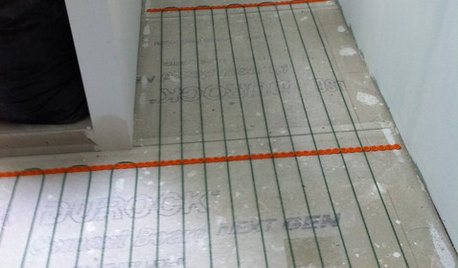
BATHROOM DESIGNWarm Up Your Bathroom With Heated Floors
If your bathroom floor is leaving you cold, try warming up to an electric heating system
Full Story
SMALL SPACESDownsizing Help: Where to Put Your Overnight Guests
Lack of space needn’t mean lack of visitors, thanks to sleep sofas, trundle beds and imaginative sleeping options
Full Story
GREEN BUILDINGInsulation Basics: Heat, R-Value and the Building Envelope
Learn how heat moves through a home and the materials that can stop it, to make sure your insulation is as effective as you think
Full Story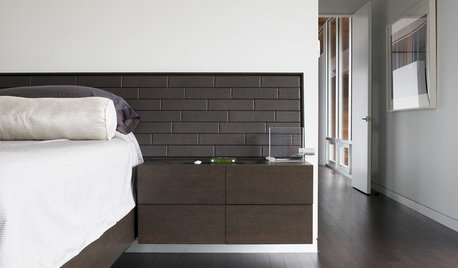
FLOORSFloors Warm Up to Radiant Heat
Toasty toes and money saved are just two benefits of radiant heat under your concrete, wood or tile floors
Full Story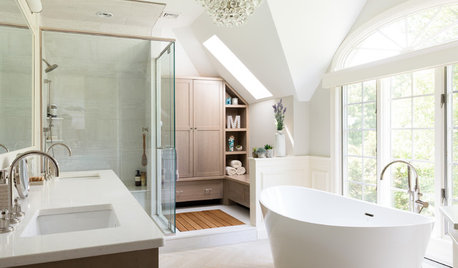
BATHROOM WORKBOOKStandard Fixture Dimensions and Measurements for a Primary Bath
Create a luxe bathroom that functions well with these key measurements and layout tips
Full Story
EXTERIORSHelp! What Color Should I Paint My House Exterior?
Real homeowners get real help in choosing paint palettes. Bonus: 3 tips for everyone on picking exterior colors
Full Story






tigerdunes
Brian_82Original Author
Related Professionals
Carson Solar Energy Systems · Castle Rock Home Automation & Home Media · Dallas Home Automation & Home Media · Evanston Home Automation & Home Media · Fort Bragg Home Automation & Home Media · Franklin Home Automation & Home Media · Lincolnwood Home Automation & Home Media · Manhattan Home Automation & Home Media · San Marino Home Automation & Home Media · Canton Fireplaces · Farmington Fireplaces · Layton Fireplaces · Puyallup Fireplaces · Rockville Fireplaces · Smithtown Fireplacesmike_home
Brian_82Original Author
ionized_gw
Brian_82Original Author
ionized_gw
Brian_82Original Author
Mark_BC
Brian_82Original Author
ionized_gw
Brian_82Original Author